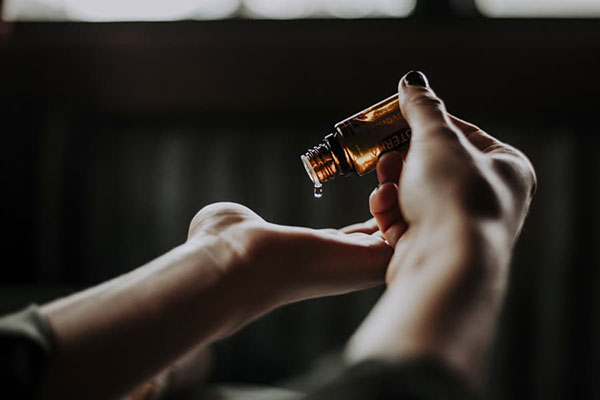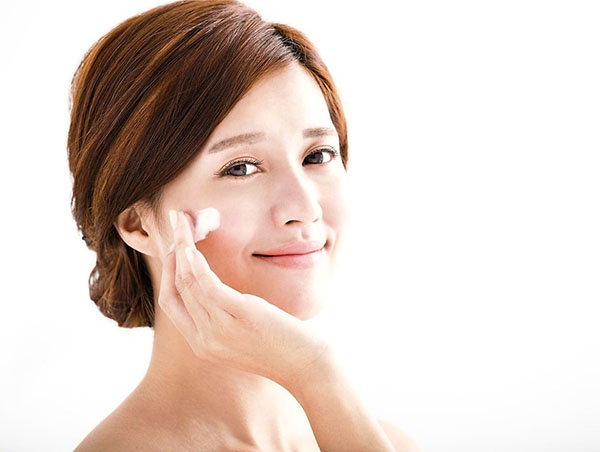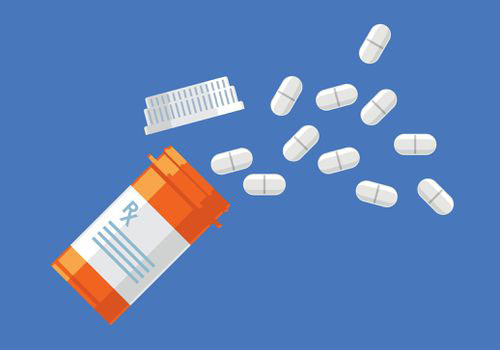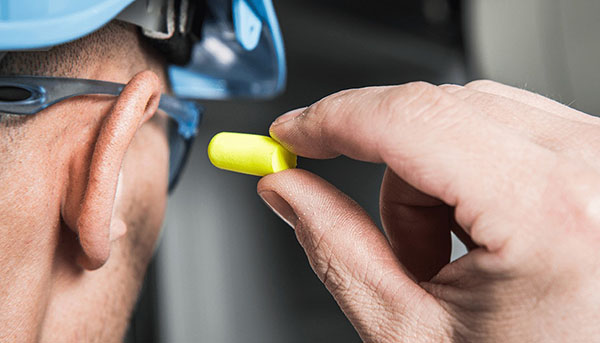Living in a world where you always find ourselves up to your ears in work or relationships, a healthy lifestyle is unsurprisingly a topic that’s worth your concerns. And do you know that making a healthy choice on the products we use daily contributes to that good way of living? We’re pretty sure that you might ask: How to make healthy shopping choices on them. Well, the answer is very simple – just base on their ingredients. Products in general include a wide range of things such as foods, drinks, clothes,…However, in this article we only mention cosmetic products.
Apart from color additives, skincare ingredients of such products do not require FDA approval before they are sold on the market. Sadly some of them are detrimental to our skin, body and overall health. Below we have listed 9 common skincare ingredients that you have to avoid when you make a purchase on cosmetic products.
Parabens
Parabens which are often used in skincare products to prevent the growth of mold and bacteria are a family of chemicals including propylparaben, isobutyl parabens, and methylparabens. They can be found in moisturizers, shampoos, shaving gels, spray tanning, and personal lubricant products.
Much research on this chemical substance has been carried out and shown that this family of preservatives acts as endocrine disruptors with serious effects on important hormone mechanisms in the body. It’s much worse for the users as Parabens potentially promote skin cancer, breast cancer, and reduced sperm count. This is, however, not officially recognized by the FDA.
Since you use skincare products almost every day, it is inevitable to escape from the serious threats that those products secretly and gradually pose on you, especially products with longer chain parabens like butyl and propyl and their branched counterparts are more dangerous as they may disrupt the endocrine system and cause developmental or reproductive disorders. There is also evidence indicating parabens as skin care ingredients that cause allergic reactions. For this reason, we should look for parabens-free products and avoid skin care ingredients with the suffix “-parabens”.

MEA, DEA, and TEA (also known as ethanolamines)
Found in lotions, dyes, moisturizers, facial cleansers, and shampoos, Monoethanolamine (MEA), diethanolamine (DEA), and triethanolamine (TEA) are pH adjusters and foam boosters (surfactants). These ingredients are restricted in Europe due to their link to allergies, hormone disruption, skin toxicity, inhibited brain development of fetuses, liver cancers and precancerous changes in the thyroid and skin of users. However, they are still used in skin care products in Australia and the US. Therefore, next time when you go shopping, check the list of ingredients carefully before making a purchase.
Polyethylene glycol (PEGs)
Polyethylene glycol can be found in many cosmetic products such as a moisture carrier thickener, softener or solvent
This ingredient is extremely detrimental to our health. The first reason is that it is typically contaminated with 1,4-dioxane and ethylene oxide, both of which readily penetrate the skin and can cause fatal diseases like cancer. Moreover, this chemical in body washes and scrubs is not filtered by our sewage system, it travels into waterways and collects pollutants to be eventually consumed by marine organisms. As a result, PEGs negatively affect your overall health, and bear in mind that any substance that contains this ingredient should not be applied to broken skin!
Phthalates
Phthalates such as DEP, DEHP, and DBP are a family of plasticizing chemicals. As they can make beauty products more pliant and stay on the skin for a long time, they are most commonly found in body lotions, deodorants, shampoos, soaps, hairsprays, especially any skin care products that are scented.
Many studies confirm that this kind of chemical could adversely affect both your reproductive and non-reproductive organs as well as disrupt the endocrine system. They can even lead to birth defects. These skin care ingredients are harmful to children and consequently are prohibited from them by Congress. While the US FDA still monitors their use, the EU has already banned the use of phthalates in cosmetic products.
Having said that, these dangerous chemicals have been existing in our skincare products under the classification of “ trade secrets’ ‘. It is not surprising that we might still find one or more undisclosed phthalates in some cosmetic products.
Formaldehyde
Thanks to the fact that it is good at preventing bacteria from growing in water-based products and is often used as a preservative, Formaldehyde is included in every category of your beauty products. For example you may find it in shampoos, hair dyes, bath lotions, nail polish, bubble bath products etc.
So why Formaldehyde has been listed among potential carcinogens by the The US National Toxicology Program and the International Agency for Research? Well, it is because this ingredient can increase the risk of nasopharyngeal and sinonasal cancers, as well as a type of leukemia. Additionally, Formaldehyde is linked to asthma, dermatitis, neurotoxicity, joint pains, headaches, liver problems, immune system toxicity and even at low levels, it can cause irritation to the lungs, eyes, and skin.
Retinol
If you are a beauty product lover, you will know about Retinol. Marketers always exaggerate its anti-aging effects, the ability to heal breakouts and make your skin healthy, but no one has ever mentioned its negative sides. When you apply Retinol to our skin, it facilitates skin tumors to grow fast and damages DNA. This makes it a no-no for those with skin cancers and pregnant or breastfeeding women.
If you want to have good results without side effects, maybe you should try bakuchiol, which is a new natural retinol alternative with amazing anti-aging results. It is also highly recommended by dermatologists!
Coal tar
Another one on our list is Coal tar. This skincare ingredient is also banned by the European Union. This is because Coal tar is not only easily contaminated with heavy metals that are detrimental to your brain but also a known human carcinogen. However, this ingredient is still used in the US in products like toothpaste, mouthwash, anti-itch creams, hair dyes, and shampoos. Sometimes it is hard for us to find Coal tar on the labels of skin care products as its constituent parts are used.

Lead
Lead and its compounds are prohibited in cosmetics in different countries, but why can we still find it in our products like eye shadows, lipsticks, compact powders, blushes, body lotions, and even shampoos?
While there is not a limit for lead in cosmetics, the lead levels found were ten times as high as the FDA’s safety limit for candy. There is also strong evidence suggesting that lead is the culprit behind carcinogen and a hormone disruptor. When you use Lead as a part of our skincare product, it is absorbed through the skin into the bloodstream and accumulated in bone, causing damage to your blood, kidneys, and nervous system. Another serious threat is that babies can develop serious complications such as attention disorders, seizures, and brain damage when they are heavily exposed to this kind of ingredient.
Until now, there has been no safe levels of lead established for skin care products by the FDA irrespective of the many efforts being put into them.
Oxybenzone
Sunscreen is considered to be the most necessary beauty product that everyone should have, regardless of gender or age. However, sunscreen also contains an ingredient that potentially harms your health. That is Oxybenzone.
Research on laboratory animals and cells shows that oxybenzone and its metabolites are endocrine disruptors with serious effects on fertility. Therefore, it should be avoided at all costs during pregnancy. It also triggers skin allergy rates.
For your reference, Hawaii has prohibited oxybenzone from sunscreens due to its negative impact on the coral reef. So next time when purchasing sunscreen, you should stay away from this ingredient, you can opt for safe sunscreens with titanium dioxide or zinc oxide that are mineral-based and chemical-free.
So as you already know which ingredients we have to avoid, next time when buying a product, bear in mind that these 9 ingredients above should not be included in your products. A smarter you, a healthier life!
- Related post: Best vitamins for skin whitening



